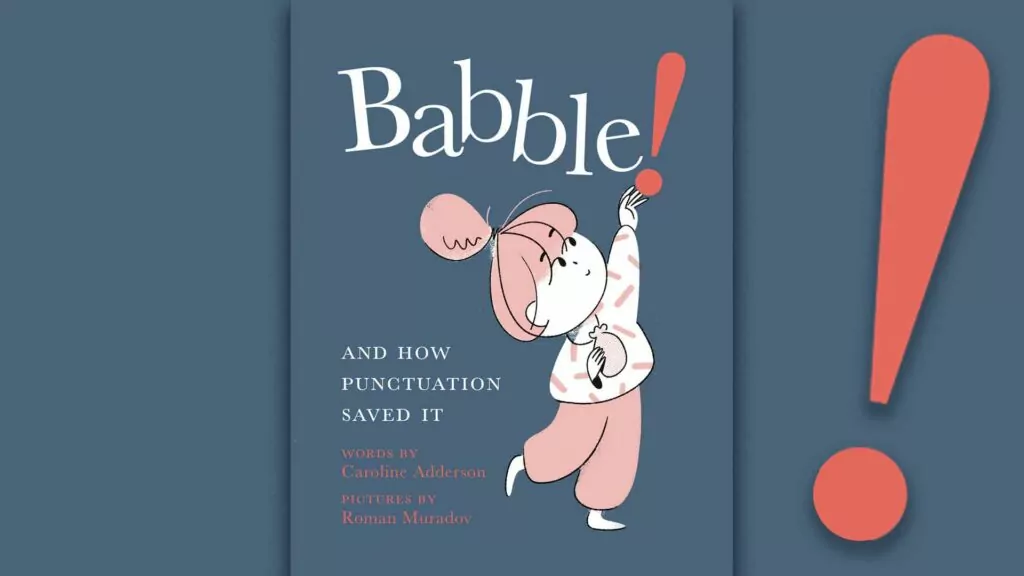There is no series of historical events that have impacted every human being living in the West – and beyond – more than the Sexual Revolution. And yet, while many of us may be familiar with the term, few can explain what the Sexual Revolution really is and was.
Legal abortion; digital pornography everywhere; the LGBT movement; hookup culture; gender ideology; threats to religious freedom – all are either an aspect or a direct result of the Sexual Revolution. It has also shaped virtually everything that emanates from our screens, from popular TV sitcoms (which had a hand in mainstreaming revolutionary ideas) to mainstream Hollywood films, produced and directed by the revolution’s most powerful storytellers.
A sexualized West
We live, in short, in a culture that has been effectively conquered by a revolution we know very little about – because unlike the American or French Revolutions, our society was overthrown from within. As the Danish philosopher Søren Kierkegaard noted:
“A passionate tumultuous age will overthrow everything, pull everything down; but a revolutionary age which is, at the same time, reflective and passionless leaves everything standing but cunningly empties it of significance.”
Those who brought about the Sexual Revolution did not attack government buildings – they initiated the “long march through the institutions,” eventually occupying powerful places of influence virtually everywhere.
When I arrived at university and lived on campus, I left a church community for what was, at first, a fundamentally foreign culture. For the most part, my peers had not consciously rejected the tenets of Christianity. Aside from traditional mentions of God at certain solemn occasions like Remembrance Day ceremonies, they had grown up in a world that was shaped, not by Christianity, but by the Sexual Revolution. So hookup culture was not simply uncontroversial, but standard. The idea that someone could actually oppose extramarital sex, or homosexuality, or pornography was for most of them simply weird. I had grown up shaped by the Christian community I was a part of; most of them had grown up in communities in which Christianity was a part of family history, a generation or two in the past.
Not treated like the pivotal event it was
At the Christian school I attended, I learned the history of the Bible; church history, and the great stories of the Reformation; the bloody history of the twentieth century, and of Canada’s great explorers and leaders of the past. Despite much insistence from some quarters that students do not learn about the injustice of the residential schools, I learned about those, too, as well as the history of a local Indigenous group (the Sto:lo).
But while we learned a little about the consequences of the Sexual Revolution – evils like abortion were covered in Bible class – we learned nothing about the Sexual Revolution as a historical event that had transformed and shaped the society we lived in, and that would impact nearly every aspect of our lives not only on campus, but beyond.
For many people, the study of history can seem tedious or useless. But if we wish to understand the cultural moment we find pressing in all around us, an understanding of the history of the Sexual Revolution is absolutely essential. The ideologies of the Sexual Revolution now form the basis of nearly every field of study in academia, and Christian university students often have no idea that what they are learning in education, law, psychology, or anthropology is actually based on the work of ideologues such as Margaret Mead or Dr. Alfred Kinsey. They will almost certainly hear arguments made against Christianity based on revolutionary research and junk science. To know the history of the Sexual Revolution is to have an invaluable context for what is taught in secular universities, and to possess a greater confidence in the Christian worldview.
Then the lightbulbs go off
Each summer at the Canadian Centre for Bio-Ethical Reform, I teach a course on the culture wars to dozens of university students and high schoolers. Every time, as I’m speaking, I see shock and realization spread across their faces as many of the things they have been taught click into place. “That makes so much sense!” they tell me. And when the summer ends and they head back to their places of learning, I get messages throughout the year:
“One of my fellow students is citing the Kinsey Reports to attack the Christian view of sexuality. Can you email me the titles of some of your sources?”
“Thank you so much for your course this summer. It helped me understand everything my prof was saying in my mandatory sexuality course!”
These students, armed with the historical and cultural context necessary to understand what they were being taught, were thus prepared to defend their own worldview. In academic institutions often openly hostile to Christian belief, this context provides an invaluable confidence.
3 resources to help us understand
As revolutionary ideas spread even into many religious institutions, this history becomes even more essential to understand. As George Orwell once noted: “The most effective way to destroy people is to deny and obliterate their own understanding of their history.” Unfortunately, the Sexual Revolution is as much a part of American or Canadian history as World War II or the Cold War – and its daily, real-world impact is more keenly seen and felt.
I believe that for students to be forewarned and forearmed, they should be taught this history before they enter university. There are an increasing number of valuable resources available. For higher grades, Carl Trueman’s Strange New World: How Thinkers and Activists Redefined Identity and Sparked the Sexual Revolution is a valuable analysis of the intellectual forces that brought this revolution about; Gabriele Kuby’s The Global Sexual Revolution is an important worldwide view; I attempt to explain how our current society came about in my own 2016 book, The Culture War.
The material is, of course, difficult – but considering the state of our culture, I do not think age 16 is too young to begin preparing. Increasingly, people are not rejecting Christianity because they do not believe in the historicity of the Resurrection or because they find theism intellectually challenging. They are rejecting Christianity because they believe that biblical standards are cruel and that God is loveless. To understand that, we must understand the history of the Sexual Revolution.
Jonathon Van Maren blogs at TheBridgehead.ca.














